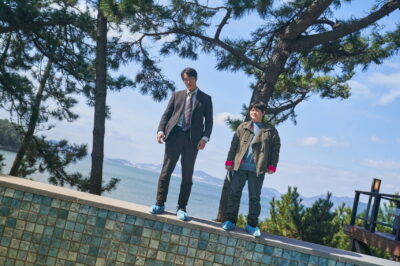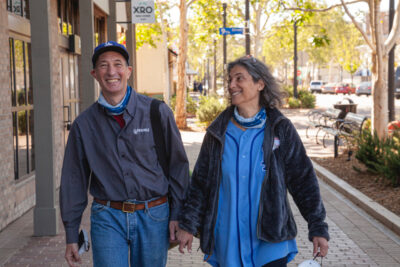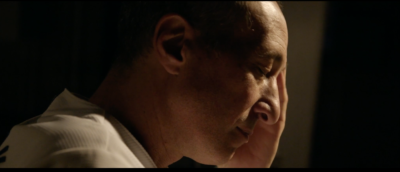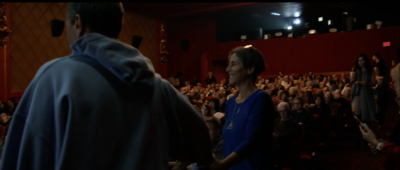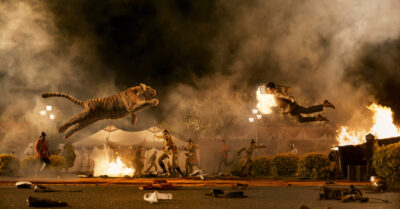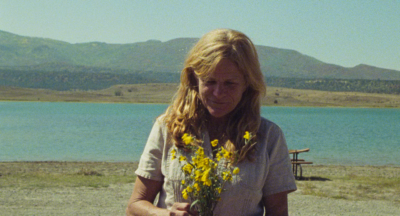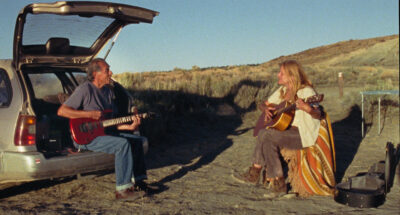What happens when an object of suspicion becomes a case of obsession? Winner of the Best Director prize earlier this year at Cannes, Park Chan-wook (Oldboy, The Handmaiden) returns with Decision to Leave, a seductive romantic thriller that takes his renowned stylistic flair to dizzying new heights. As of this writing the film’s Rotten Tomatoes’ score is 93%, with the most sophisticated critics kvelling about the film’s artistry and suggesting repeat viewings. We open the film Friday at the NoHo and Glendale with additional engagements planned in the subsequent weeks around town.

